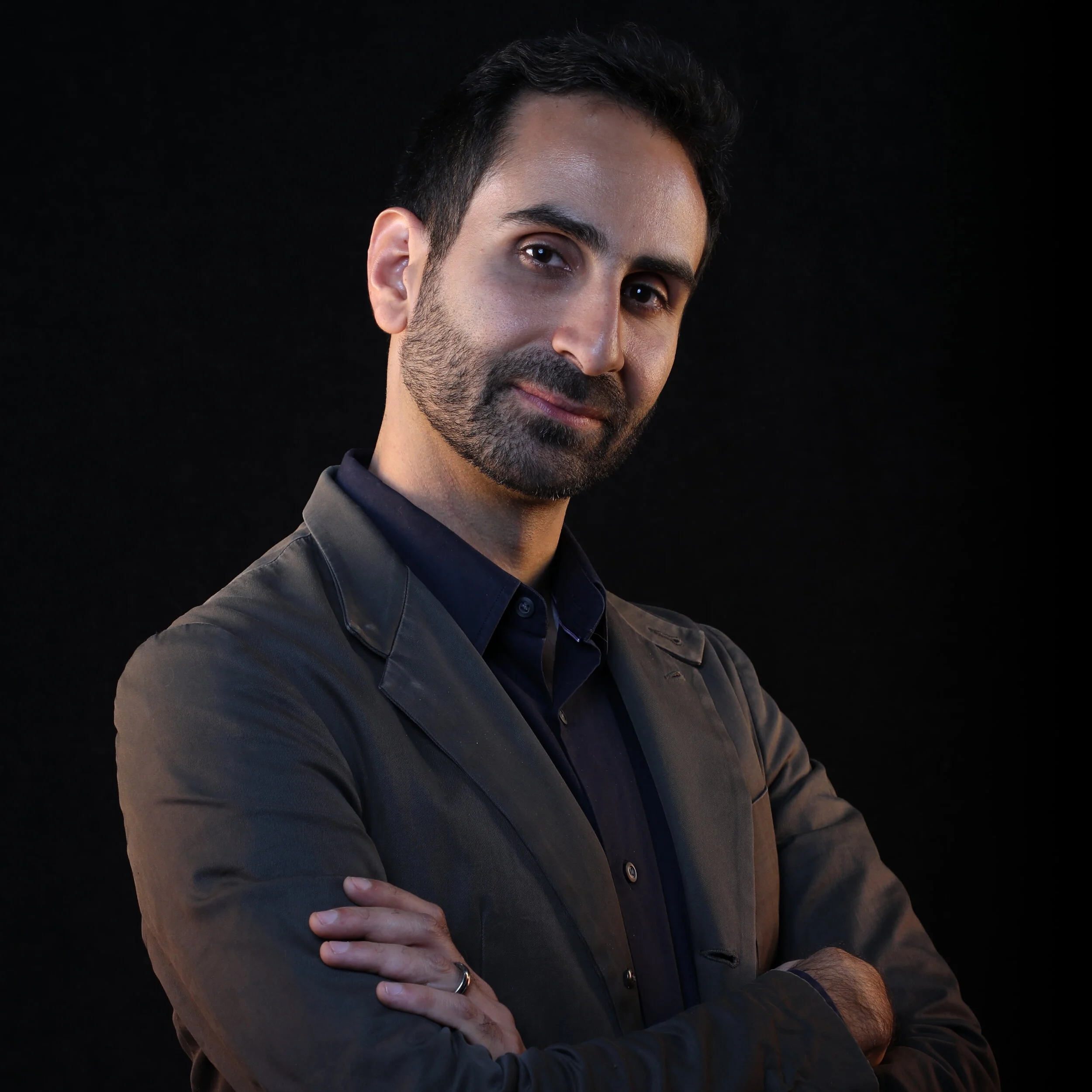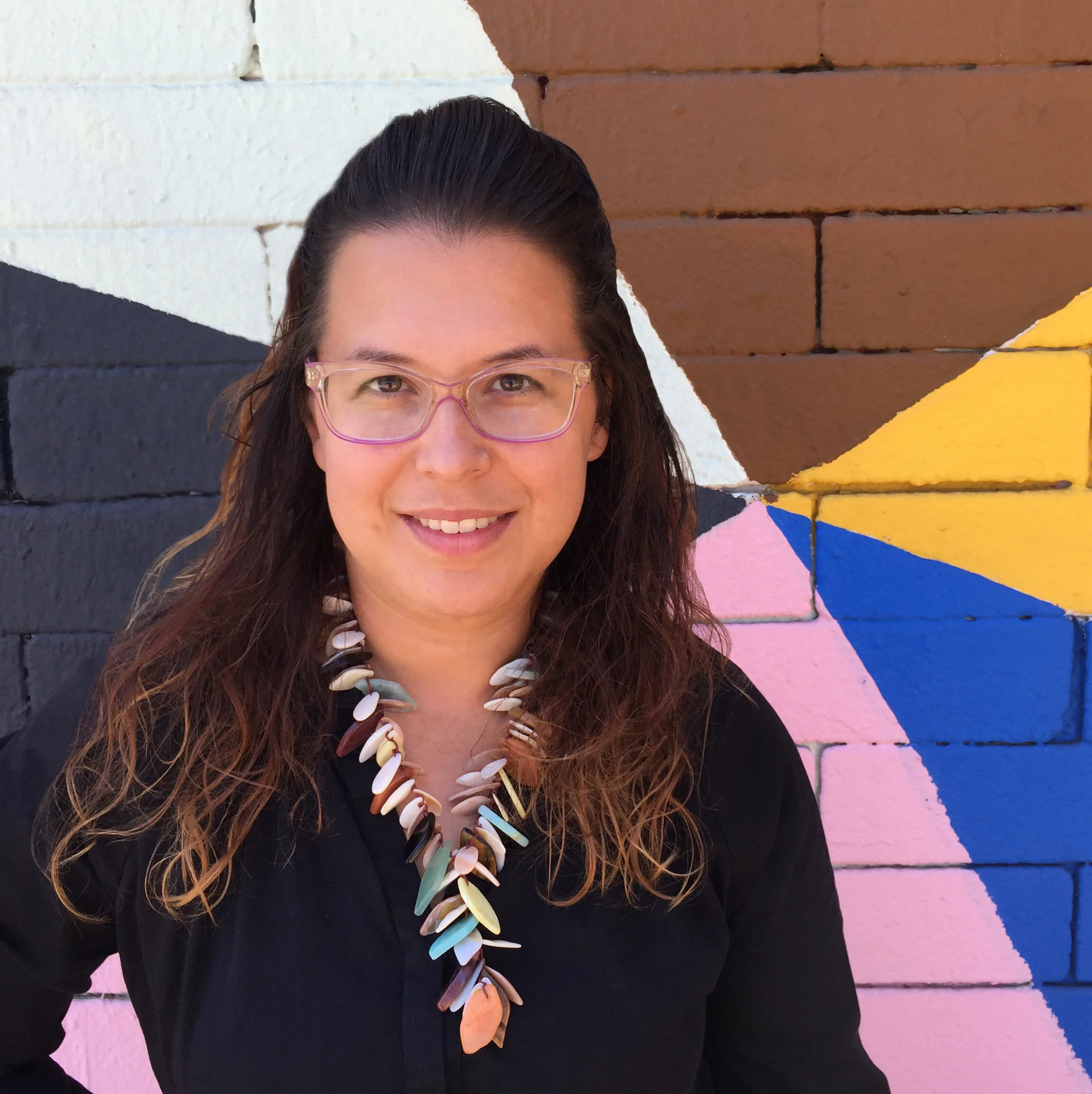"Art Just Isn't Worth That Much"
I set aside last Sunday as “Submission Sunday” — a day to gather all the new work I’ve written and revised over past months, organize it and get it out to journals for possible publication. I pulled up the poems ready to submit, gave them a final scrub, and opened Submittable to decide what possible happy nests were out there for my lil’ fledglings.
And then I froze.
Submission paralysis has been an ongoing issue with me since I was old enough to stop taking pride in my box full of New Yorker rejection slips. There are so many journals and so many writers. There are so many themes, preferences and missions. And there are so many submission fees. The thought of sorting through them, pairing each one with poems, tracking them all and then waiting months and months and months to be rejected becomes so overwhelming that I almost inevitably close my computer, put it all away, and do something, anything, else.
The anxiety of sharing the work, my fears about being irrelevant or too old, that my work is out of fashion, that every rejection is another tick in the “failure” column — these fears intertwine with the overwhelming array of places to submit and the seeming callousness of faceless editors.
My wife watched me struggle on that Sunday and said, “You need to rightsize all of this in your mind. You’ve blown it out of proportion.”
I’d lost perspective again. It is one thing to create. It is another thing entirely to put that creation into the world.
The spring and summer of pestilence and unrest has dealt a blow to all of our senses of perspective. We live in a time where nuance is exceedingly scarce, and reaction is in abundance. As artists, it’s our job to deal in emotions, reactions, empathy and interpretation. But without perspective, this is a deadly cocktail to both our work and our well-being.
“The fire was followed by a period of grieving and then by an incredible lightness, freedom and mobility.”
—Martin Puryear
In 1977, artist Martin Puryear’s studio was destroyed by fire. Almost all of his work was lost. It was a devastating blow to an artist who had just completed his first major outdoor sculpture commission and whose star was on the rise. It’s the sort of thing that makes people quit. It could have been a career ender.
Puryear said, “The fire was followed by a period of grieving and then by an incredible lightness, freedom and mobility.” The work he produced in the period after the fire carried a new focus on movement. His iconic 1978 piece “Self,” made of meticulously joined red cedar and mahogany, is a hollow, sinuous monolith that seems simultaneously to be a horn, a mountain and a shrouded figure. It’s as black as if it’s been scorched, and it’s in motion. It’s a symbol of simultaneous resilience and lightness.
This is an example of perseverance, yes. But it’s also an illustration of perspective put in practice. The “lightness, freedom and mobility” that Puryear found came from the ability to step back and take into account where he was, what was left and what lay before him.
Perspective isn’t only necessary in times of loss or unrest. We need it constantly with our work and with ourselves — particularly in crafting a healthy work/life balance with our art. Our work is important to us, yes. It should be. And we hope it’s important to someone else. Art is vital and necessary, but not more necessary than our happiness or health (the tortured artist idea is a loathsome model that preys on the young — I blame the cult of Bukowski for perpetuating it).
I hope my work makes a powerful impact on someone’s life, but it’s not going to cure anyone’s cancer or stop climate change. The closest I can come is to bring joy and ease to a person suffering from cancer and perhaps inspire a reader to experience nature in a different, more personal way. Yes, art has major impact and has inspired huge cultural shifts — but it does it by affecting individual people first.
In other words, it’s important but it’s not the most important.
“… aren’t you violating a trust? … art just isn’t worth that much.”
—Elizabeth Bishop
Poets Elizabeth Bishop and Robert Lowell were best friends and constantly offered one another advice. In 1972, Lowell shared drafts of a new work, Life Studies, with Bishop. In it, Lowell directly quoted letters from his ex-wife in his sonnets. Bishop, who loathed confessional poetry of any sort, disliked this immediately for a laundry list of reasons.
Bishop had already been Consultant in Poetry to the Library of Congress (now known as Poet Laureate) and won a Pulitzer Prize when she admonished Lowell*, saying, “One can use one’s life as material—one does, anyway—but these letters—aren’t you violating a trust? … art just isn’t worth that much.”
First, we must rightsize our work in our own minds and in our own lives. We have to make time and space for it, and we must know when to step away from it.
We have to rightsize it in our emotions. Where does my work sit in my emotions? How can I feel strongly enough about it to make it what it needs to be, and to put it out into the world, but detached enough to weather rejection and criticism?
Let’s talk about rightsizing the work of other artists in our minds and feelings.
First, where does our competitive nature come into play? Where does healthy competition or respect begin to blur into jealousy and resentment? Unhealthy comparison? Sabotage or self-sabotage?
A musician friend recently talked to me about their frustration with other artists. There is little camaraderie when it comes to promoting new releases. Artists are always at the ready to promote their own work, but hesitant to share new work by artists who they admire, or even who are their friends and collaborators. Why? What stops us?
Second, as fans we need to rightsize the work we love in our expectations. While the democratization of art and media has created wonderful new avenues for fans to engage with creators and the creation of work, it has also enabled truly unhealthy expectations among fans upon creators. A few times a year, there is a fan uproar over a show or franchise film that didn’t meet their expectations for story, character, plot or canon. New cuts are demanded. Apologies are expected.
As Neil Gaiman famously wrote in his defense of George RR Martin against overzealous Game of Thrones fans, titled Entitlement Issues, “It seems to me that the biggest problem with series books is that either readers complain that the books used to be good but that somewhere in the effort to get out a book every year the quality has fallen off, or they complain that the books, although maintaining quality, aren't coming out on time … George R.R. Martin is not your bitch.”
A film, a show, a painting, a book — these can all be life-changing. But we must keep our perspective. While holding life-changing potential, they’re also ultimately just a film, just a show, just a painting, just a book. The magic isn’t in the thing, it’s in the alchemy that occurs within you.
With our own work, with the work of others, we need to give ourselves some space to breathe and see clearly. We need to offer a little grace, a little room for error. We could learn to do that with our fellow humans, too.
Art is art, but life is… life. And life wins every time.
*For more context on the Lowell/Bishop exchange, read Colm Toibin’s On Elizabeth Bishop, which is an illuminating read all around.






